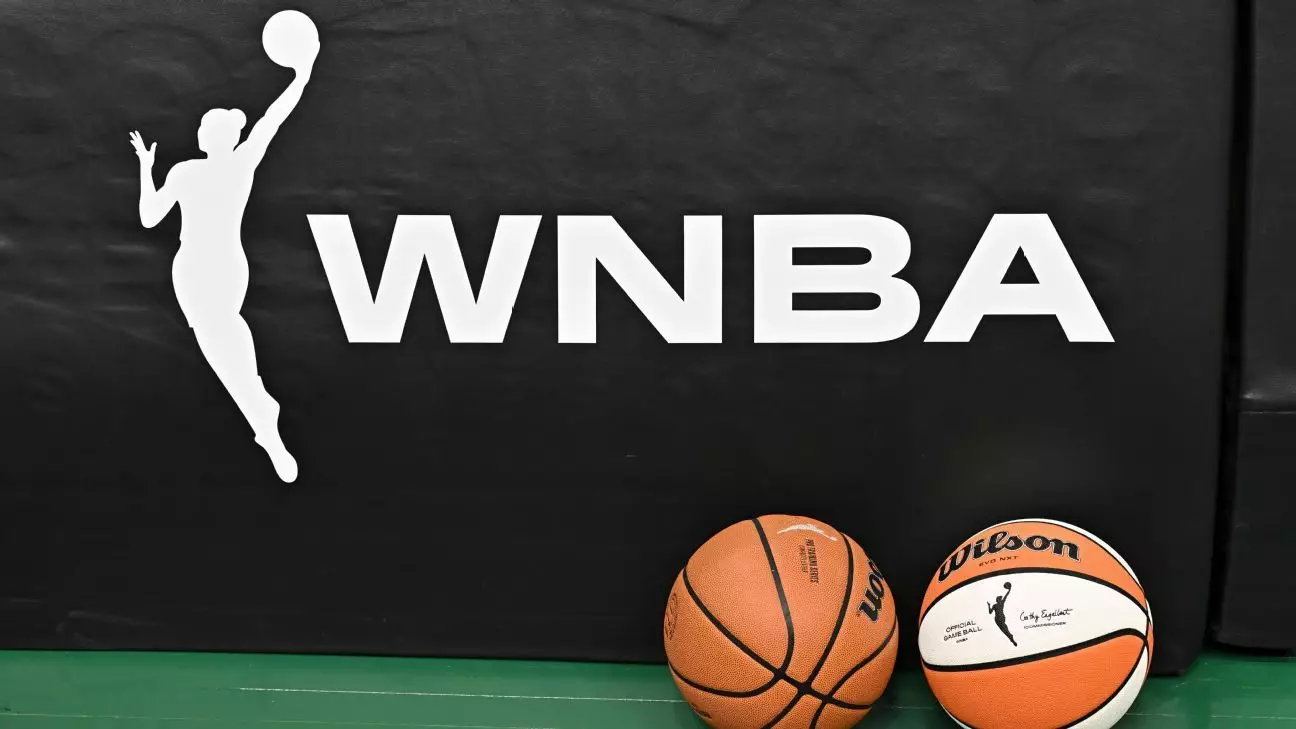Amid soaring league revenue, burgeoning media rights deals, and record-breaking attendance figures, the WNBA’s ongoing labor disputes betray a troubling disconnect between economic growth and player rights. Despite the league’s undeniable expansion and popularity, the collective bargaining process reveals an alarming complacency and a willingness to prioritize corporate interests over the very women who fuel the sport’s success. The recent meeting—a rare in-person congregation of over 40 players—was billed as a potential turning point. Yet, it ended without substantive progress, exposing the league’s fragile commitment to equitable growth.
This disconnect underscores a hidden narrative: economic boom does not automatically translate into fair treatment for athletes. The league’s upper management and owners seem content to bask in the glow of a thriving sport while neglecting the foundational needs of their players. It’s a classic case of profits advancing faster than people, where the visible success masks a cascade of systemic inequalities and ongoing negotiations that threaten to erode trust and sustainability.
Robbing Women of Their Due: A System on the Brink of Collapse
The core issue remains glaringly clear: the players, who arguably are the engine behind the league’s rising prominence, are being offered crumbs instead of their rightful share. Union president Nneka Ogwumike’s pointed critique stands as a wake-up call—despite a media rights deal worth billions, players are still fighting for basic improvements in working conditions and a fair slice of the revenue pie. The league’s response to proposals has been dismissive, highlighting a disturbing tendency of sports leagues worldwide to exploit athlete labor for maximum corporate gain.
What’s most disheartening is the league’s apparent inability—or unwillingness—to recognize this threat. The statement that “short-changing the working women… stalls growth” misses the urgency of the situation. Growth, in a truly sustainable sense, depends on fairness and respect. The league’s focus on expanding to new markets and raking in expansion fees is disingenuous if it ignores the fundamental rights of its players. The narrative of progress becomes hollow when the very individuals who create the entertainment are left feeling undervalued.
The Specter of a Lockout: A Self-Inflicted Wound
The looming threat of a lockout if a new agreement isn’t reached by October exposes a league in peril of shooting itself in the foot. Historically, the WNBA has maintained an admirable record of avoiding work stoppages. Nevertheless, the current climate suggests that without meaningful concessions, the integrity of that record is vulnerable. The players, aware of their power and value, refuse to accept a status quo that perpetuates exploitation under the guise of economic growth.
The league’s response, marked by a tone of cautious optimism and listening, does little to conceal the underlying frustration. Commissioner Cathy Engelbert’s comments hint at the possibility of “something transformational,” but such declarations ring hollow when actual tangible improvements remain elusive. The league’s momentum and expansion plans could be undermined by continued negotiations that prioritize profits over people, risking long-term damage to the sport’s credibility.
Fighting for Fairness in a System That Favors Power
What this negotiation process vividly illustrates is a broader cultural challenge: the struggle to balance commercial interests with social justice. The league’s focus on expanding and monetizing contrasts sharply with the players’ demands for recognition, respect, and a share of the wealth they help generate. This imbalance is symptomatic of a wider problem in sports governance, where the voices of athletes often remain marginalized.
A truly progressive path forward would require the league to reevaluate its priorities—putting the well-being and rights of players at the forefront of its growth strategies. This isn’t just about fairness; it’s about safeguarding the league’s future as a respected institution that values its athletes as partners, not commodities. The fighters in this dispute are fighting not only for themselves but for the integrity and sustainability of women’s professional sports. If the league continues to sideline these voices, it risks sacrificing the very success it claims to seek—incrementally dismantling its own foundation from the inside out.

